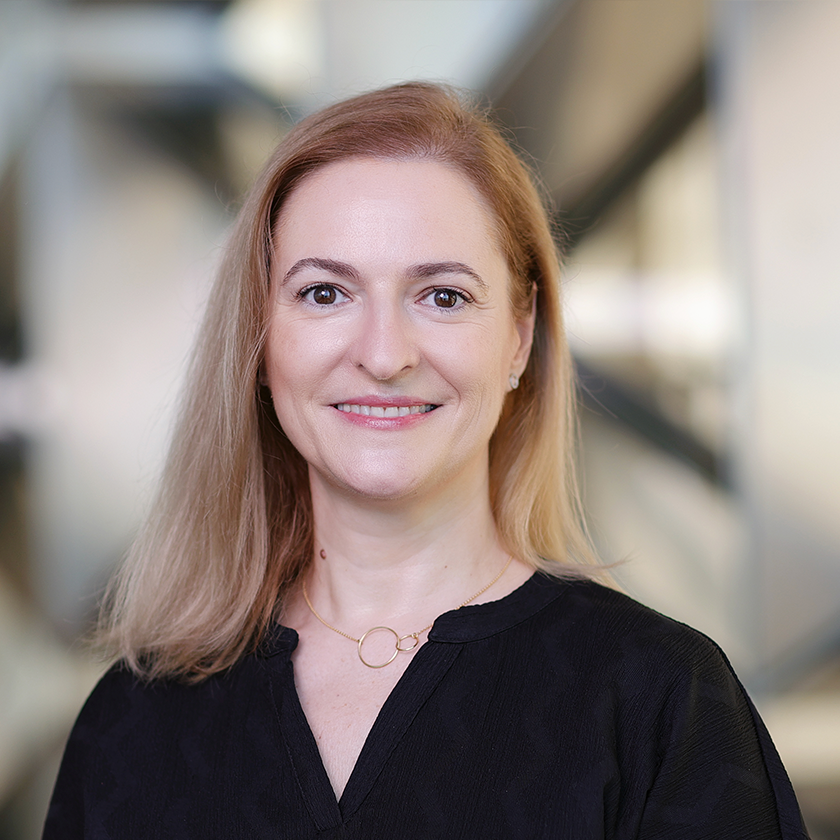
SUSANA CARVALHO
Research Associate Professor, Marine Science
Biological and Environmental Science and Engineering Division
Documenting marine biodiversity in the Red Sea and assessing its variation across spatial and temporal scales, as well as in response to stressors, is critical for safeguarding marine ecosystems, maintaining ecosystem goods and services, and informing sustainable decision-making for future generations.
Program Affiliations
Biography
Professor Susana Carvalho’s research explores the drivers of marine biodiversity and how biodiversity changes influence ecosystem functioning, using an integrated approach that combines fieldwork with laboratory-based investigations. Prior to joining KAUST in 2012, she was a Postdoctoral Scholar at the Portuguese Institute for Sea and Atmosphere and at the Institute of Marine Sciences of Andalusia, Spain, where she led research on the effects of trace metals on marine communities across multiple levels of biological organization — from suborganismal to the community level. She has produced more than 110 peer-reviewed publications and 9 book chapters and currently serves on the editorial boards of Marine Pollution Bulletin, Scientific Reports, Estuarine, Coastal and Shelf Science, and Frontiers in Marine Science. Professor Carvalho is an elected member of the Executive Committee of the Marine Global Earth Observatory (MarineGEO) network.
Research Interests
Professor Carvalho’s research explores how natural and human-induced stressors shape marine biodiversity and ecosystem function in tropical coastal systems, with a focus on coral reefs and seagrass meadows. She leads long-term monitoring and ecotoxicology programs in the Red Sea, integrating visual surveys with advanced molecular tools to assess how marine communities respond to local pressures—such as nutrient enrichment and contaminants—as well as to climate change.
Collaborating closely with national stakeholders and a global network of scientists, her team actively documents marine invertebrate biodiversity, including non-native species, and develops curated regional DNA reference libraries and species-specific molecular markers to inform science-based conservation and policy.
Her field and laboratory research combines ecophysiology, ecotoxicology, and molecular ecology to address the impacts of pollution, invasive species, and climate change. This integrated approach advances early-warning systems, biodiversity monitoring protocols, and targeted conservation strategies for coral reef and seagrass ecosystems.
Education Profile
Postdoctoral Fellow, Portuguese Institute for Sea and Atmosphere & Spanish National Research Council (CSIC), Portugal and Spain, 2008-2012
Ph.D., University of Algarve, Portugal, 2007
M.Sc., University of Aveiro, Portugal, 2002
B.Sc., Biology, University of Aveiro, Portugal, 1998

